[ad_1]
Life throughout the wild is perhaps highly effective, and sometimes animals don’t have the luxurious of taking outing after they’re sick. That’s positively the very fact of life for vervet monkeys dwelling in Southern Africa, though parasites and viruses are an ever-present aspect of animal life.
Everyone knows how people reply to an an infection. Lack of urge for meals and staying in mattress or resting are quite a lot of the strategies we adapt to being unwell. Being a lot much less energetic and consuming a lot much less frees up energy to wrestle the an an infection – even digesting meals makes use of energy. This behaviour may help us get nicely and is a key aspect of our survival.
My colleagues and I needed to know additional about how monkeys reply to illness, and the way in which a sickness travels inside and between animal groups. That’s necessary if we’re to type out the massive affect that an an infection can have on monkey inhabitants survival. Whereas the causes of an an infection have been the focus of so much consideration, until now we knew little or no in regards to the social penalties of an an infection in these monkeys.
For over ten years our worldwide crew of researchers have studied the behaviour and physiology of wild vervet monkeys dwelling throughout the Jap Cape, South Africa. They dwell in large social troops – as a lot as 40 monkeys per troop – and former evaluation has confirmed that they are routinely uncovered to a fluctuate of environmental stressors paying homage to extreme heat and drought, along with opponents for meals.
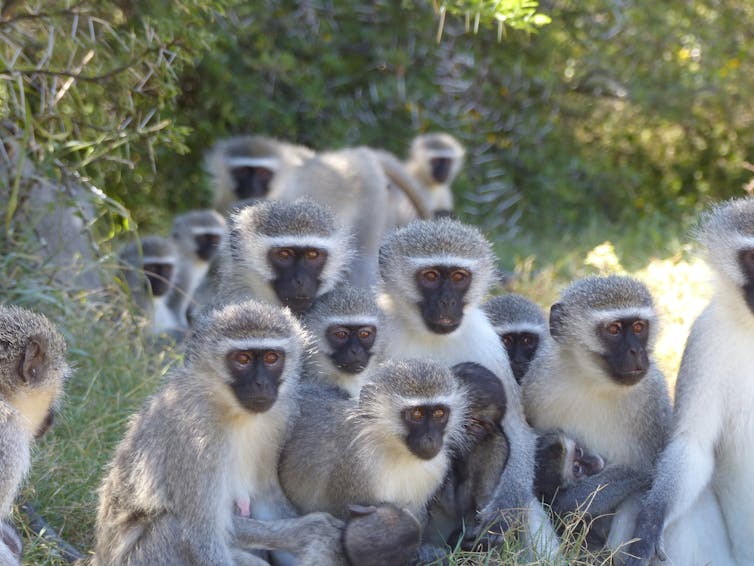
Chris Youthful, Creator equipped (no reuse)
In our newest analysis of three groups of untamed vervet monkey, we examined the impression of getting sick on specific particular person vervet monkey’s social standing.
How we studied fever
As with folks, when a monkey will get an an an infection, they may get feverish.
We implanted miniature data loggers – slim cylinders about 3cm prolonged – into each monkey’s abdomen and recorded core physique temperature contained within the stomach every 5 minutes. That allowed us to doc for the first time the prevalence of fever in a wild monkey inhabitants.
After the analysis interval, we returned to take the loggers out, with the help of a crew of vets from the Faculty of the Witwatersrand. We’d have appreciated to try this to get the data, and clearly moreover for the sake of the monkeys.
In our analysis group of 59 vervet monkeys, we detected 128 fevers in 43 monkeys over seven years. Feverish monkeys reached a imply (indicate) day-after-day physique temperature of about 39°C, with the perfect physique temperature on report being virtually 42°C. Fevers lasted between two and 20 days.
On the similar time, we saved an in depth account of the monkeys’ behaviour and social interactions. Just like us, they lose their urge for meals and spend additional time resting. Nonetheless they may’t preserve out of movement for too prolonged. Even sick monkeys must maintain with their troop in the event that they’re to take care of themselves out of attain of predators, paying homage to cheetah, jackal and caracal (a wild cat). Monkeys moreover rely upon their group mates to help wrestle off neighbouring troops as they compete for meals, water and sleep web sites.
The hazard of assault
Together with the behavioural penalties of fever, we had been able to current, for the first time, a hidden and beforehand unrecognised worth of social interactions – feverish monkeys had been attacked whereas that they had been down.
Inside a monkey troop, opponents is rife – monkeys battle for meals, standing and mates. Although it’s unclear if a monkey is conscious of that one among their troop is sick, they do recognise the weakened state of their troop mate, perhaps on account of they’re out of sorts or are a lot much less aware of additional delicate exchanges of dominance.
Some folks appeared to utilize this to their profit.
We discovered that when monkeys had been feverish that they had been twice as susceptible to be attacked by one among their group mates and 6 situations additional susceptible to become injured due to this. Sick animals had been centered with aggression as soon as that they had been least able to wrestle once more, in all probability enhancing the attacker’s social standing, entry to sources, or place throughout the troop.
We observed a really unusual sequence of events in one among our troops of 25 monkeys.
Female vervets dwell in comparatively safe hierarchies. Nonetheless when Brie, the alpha female, fell sick she was subjected to a torrent of abuse from the troop’s beta female, Tyvara. Over seven days, Brie was attacked by her on 12 occasions and obtained 4 fully totally different accidents. Evidently, Brie’s alpha dominance standing was no additional and she or he slipped down the hierarchy.
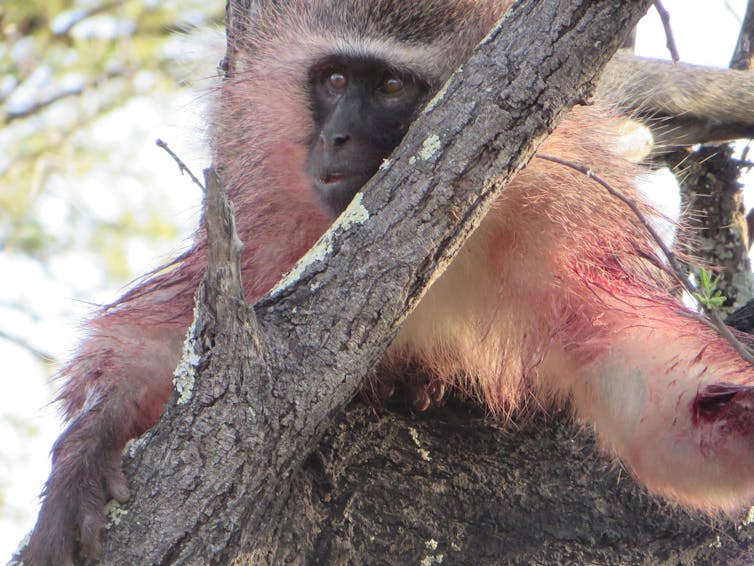
Rosemary Blersch, Creator equipped (no reuse)
Bystanders moreover appeared to be taught from the weakened standing of a sick specific particular person, on this case by manoeuvring up the hierarchy, and these fever-induced social interactions are susceptible to have important long-term social and well being penalties for the folks involved.
Study additional:
How orangutan mothers help their offspring be taught
Nonetheless that’s not all. The feverish monkeys spent merely as so much time grooming, or being groomed, by totally different group members though that they had been sick. Whereas it would sound frequent sense to avoid totally different sick folks, our findings suggest that social engagement most likely shows a trade-off between the propensity to get contaminated by a contagious specific particular person and the social price and totally different benefits that the connection affords – paying homage to the pliability to handle in powerful environments and effectively enhance offspring. Or perhaps monkeys merely don’t know that their troop mates are sick or may cross them a nasty illness.
The response of vervet monkeys to an an infection implies that the unfold of sickness among the many many troop might be going. Now we’ve now seen that there is a worth of being sociable when feverish, the place weak individuals are open to assault, perhaps we should at all times flip our consideration to the question of the affect of social integration amongst monkeys on the unfold of sickness inside and between groups.
[ad_2]
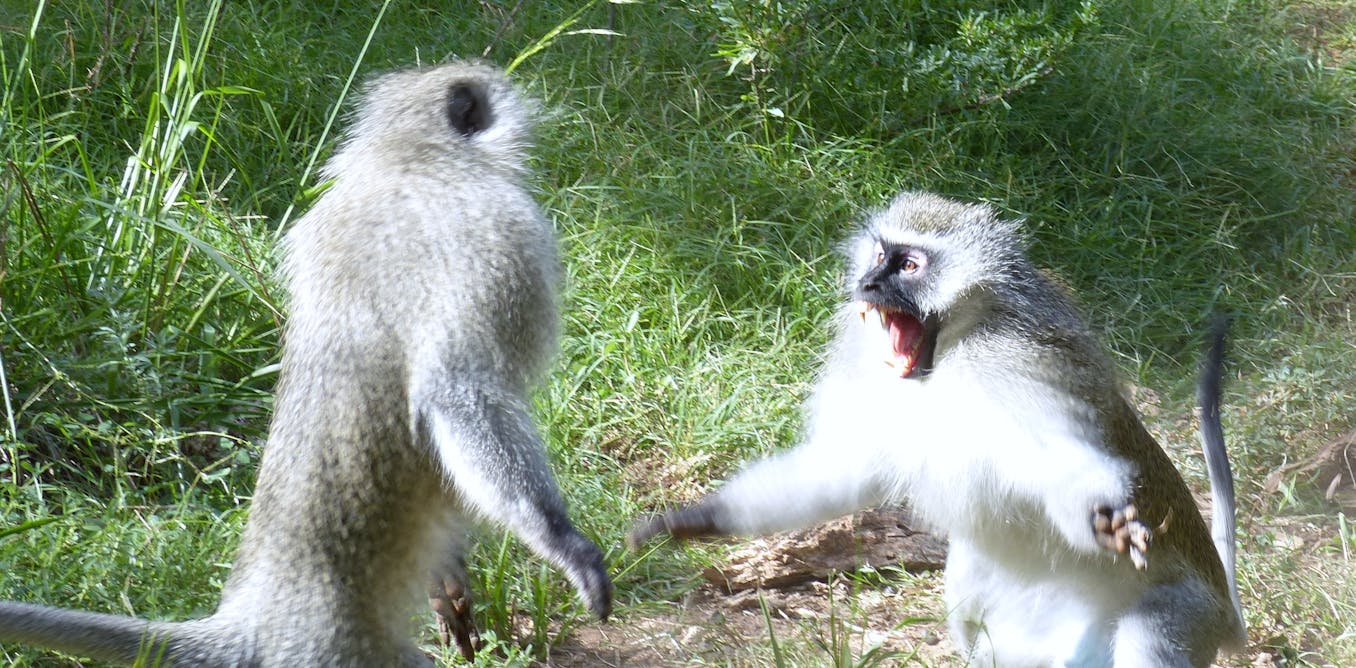
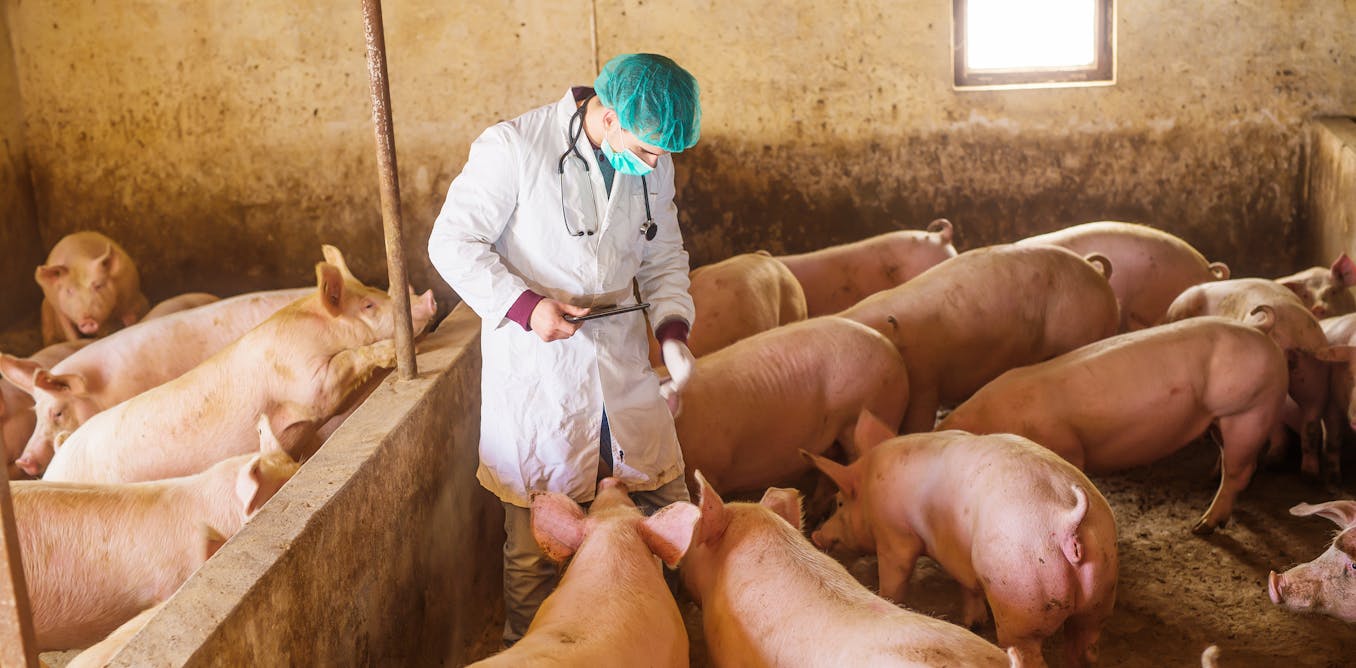
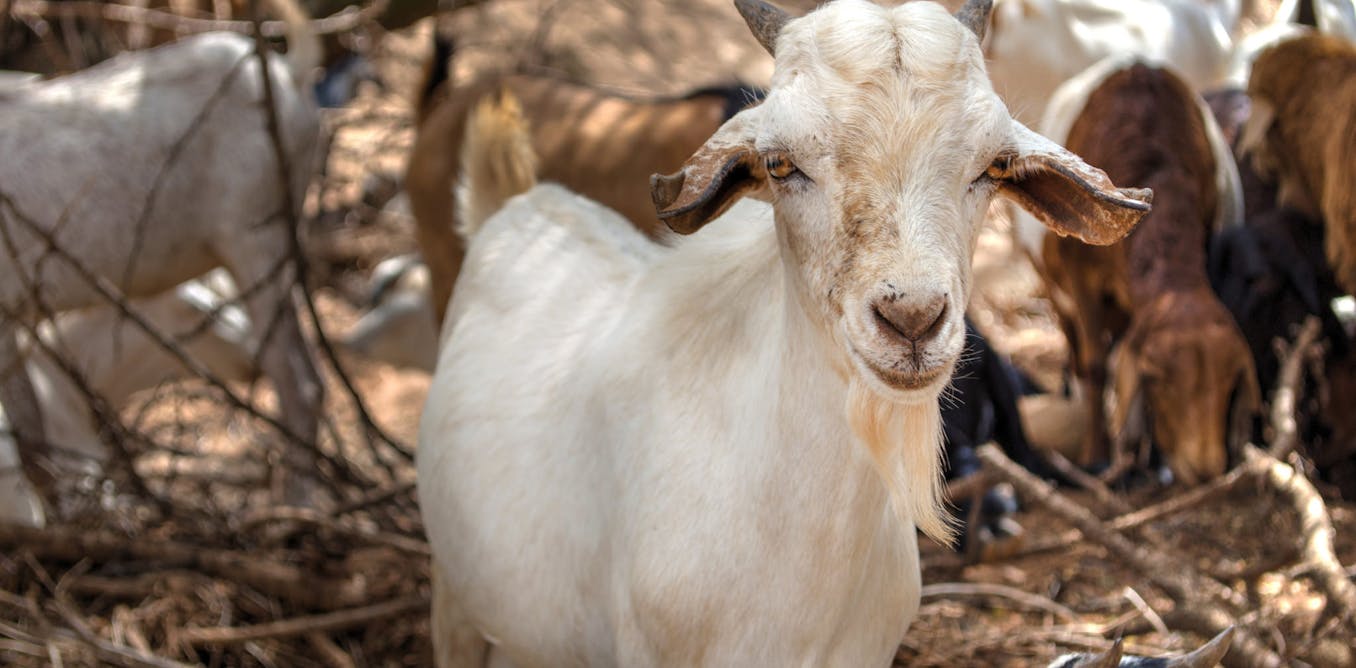
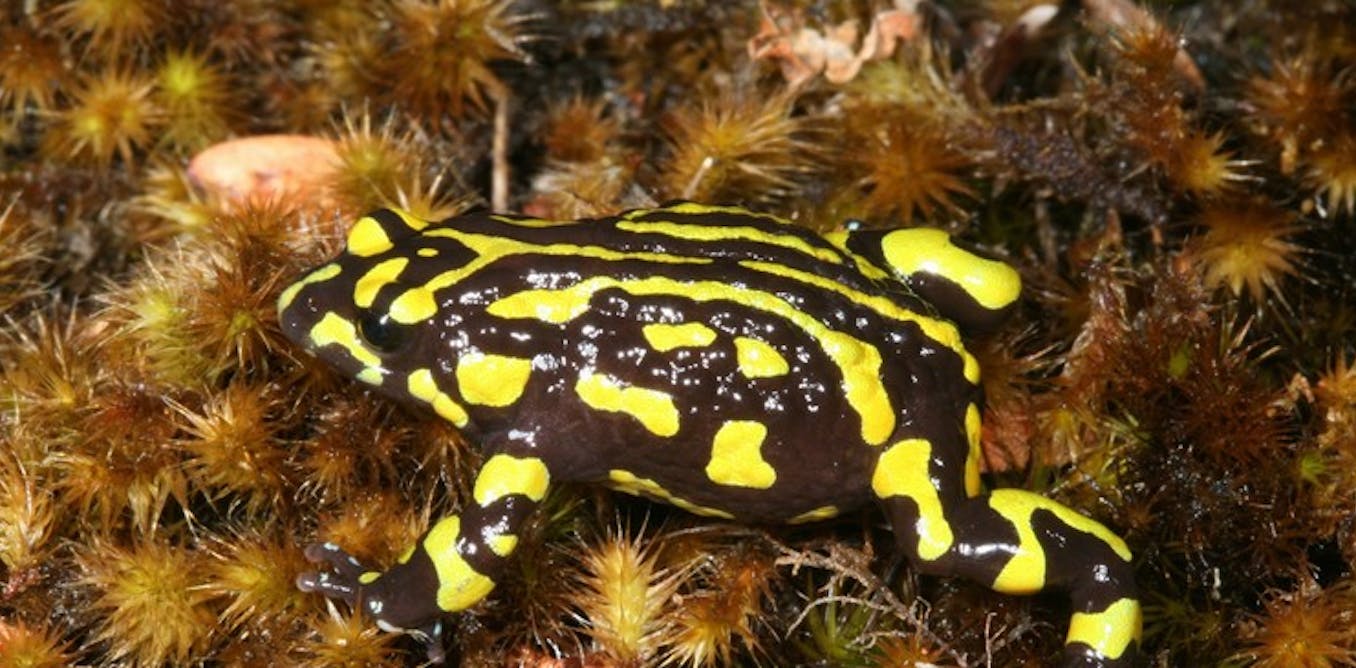
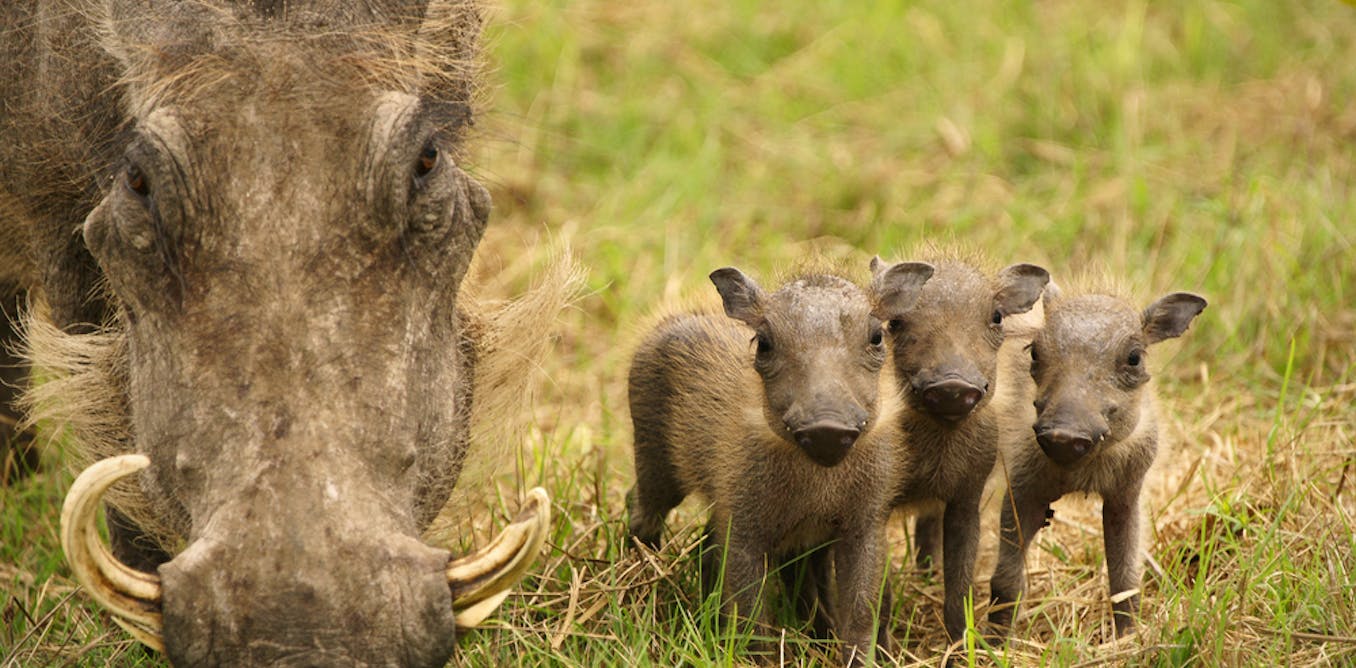
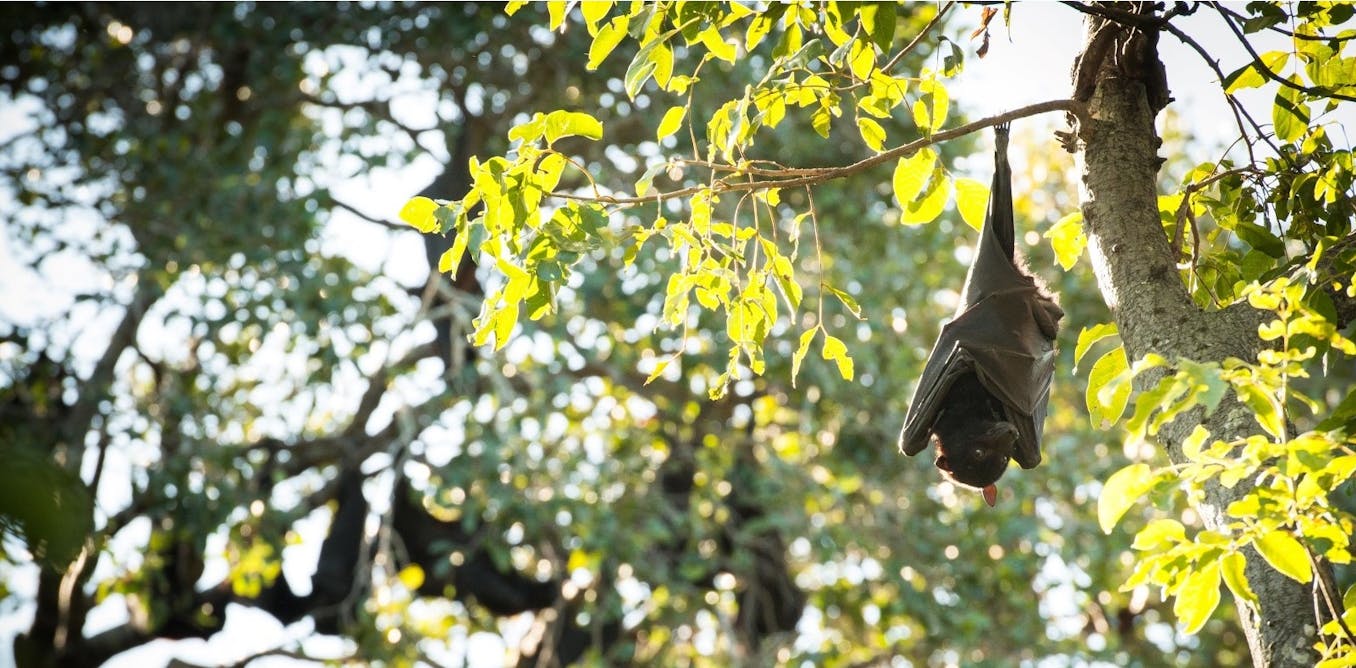
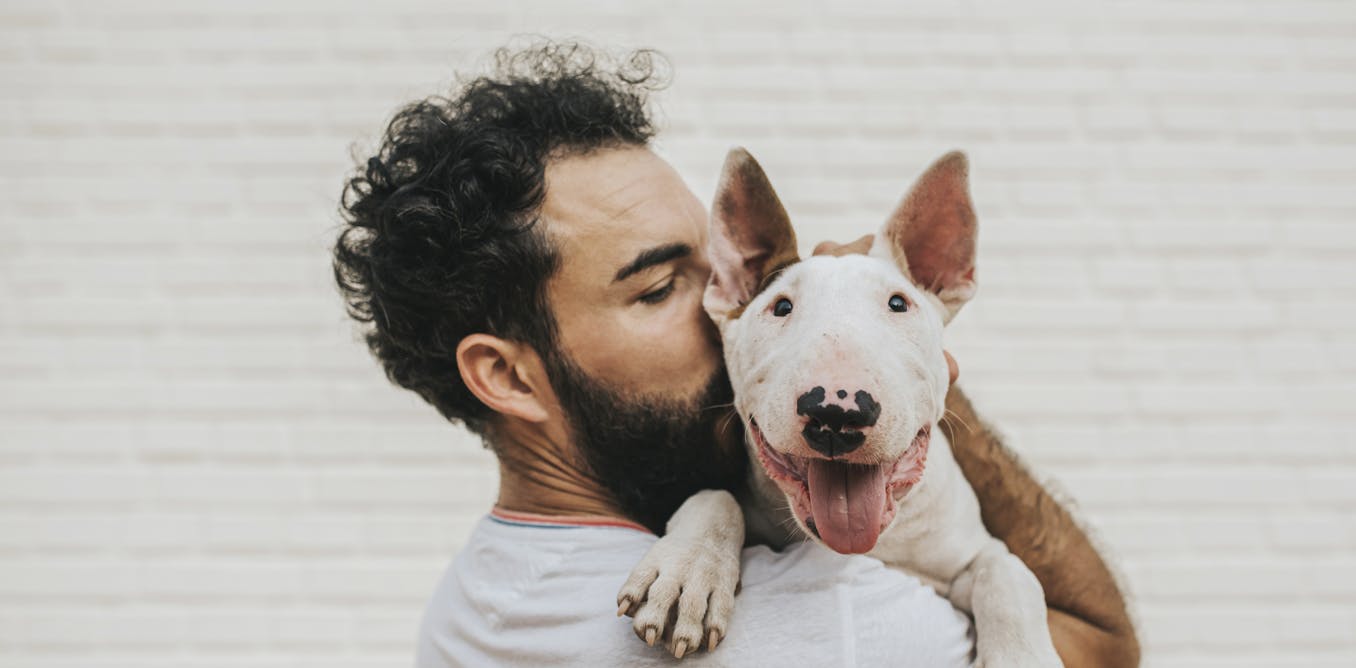
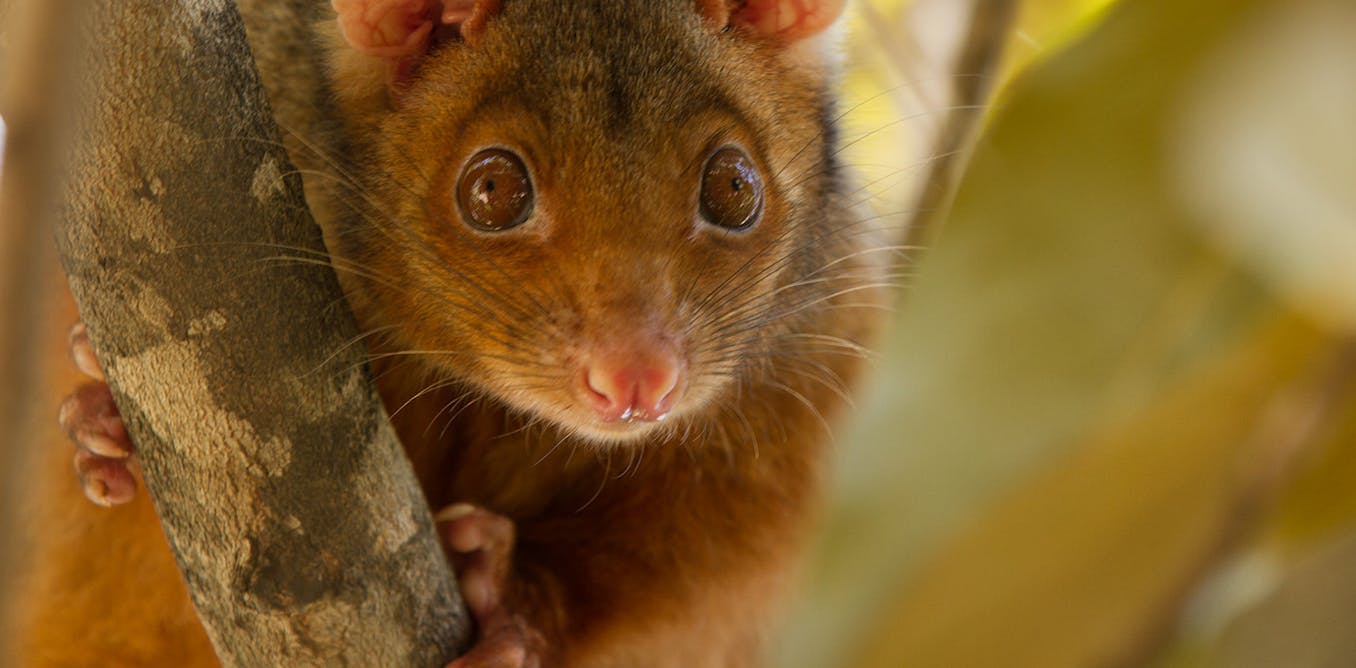
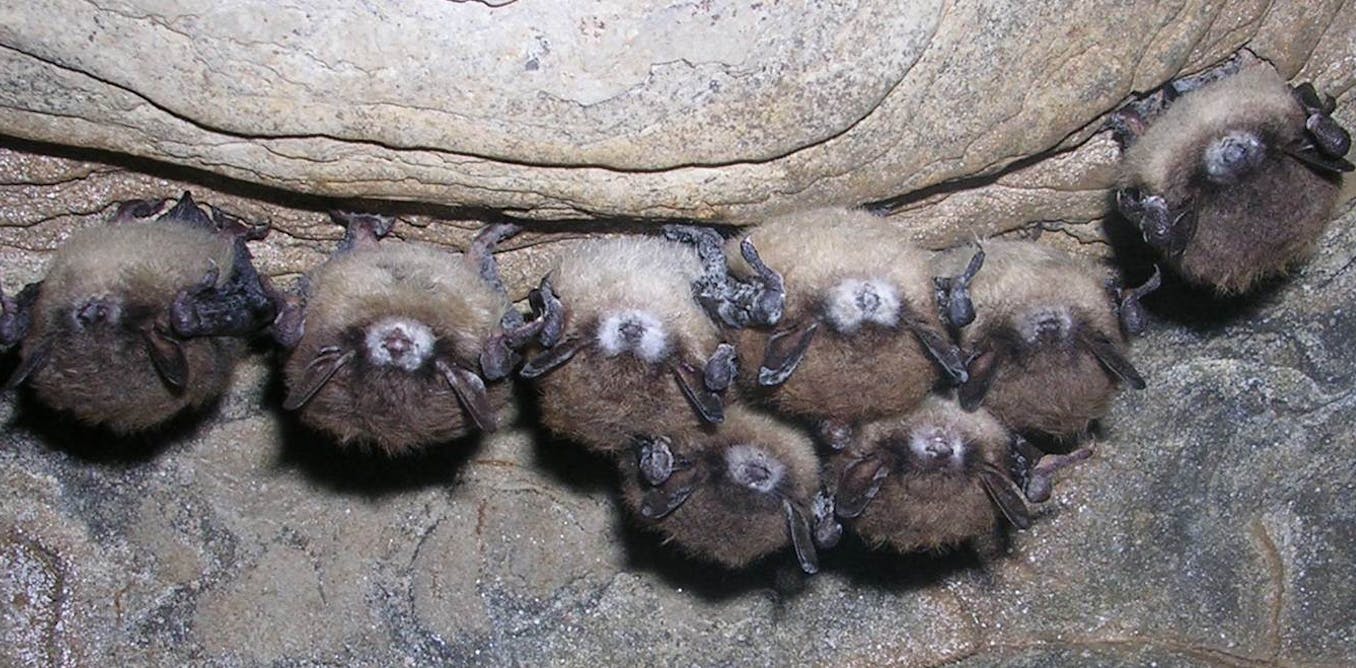
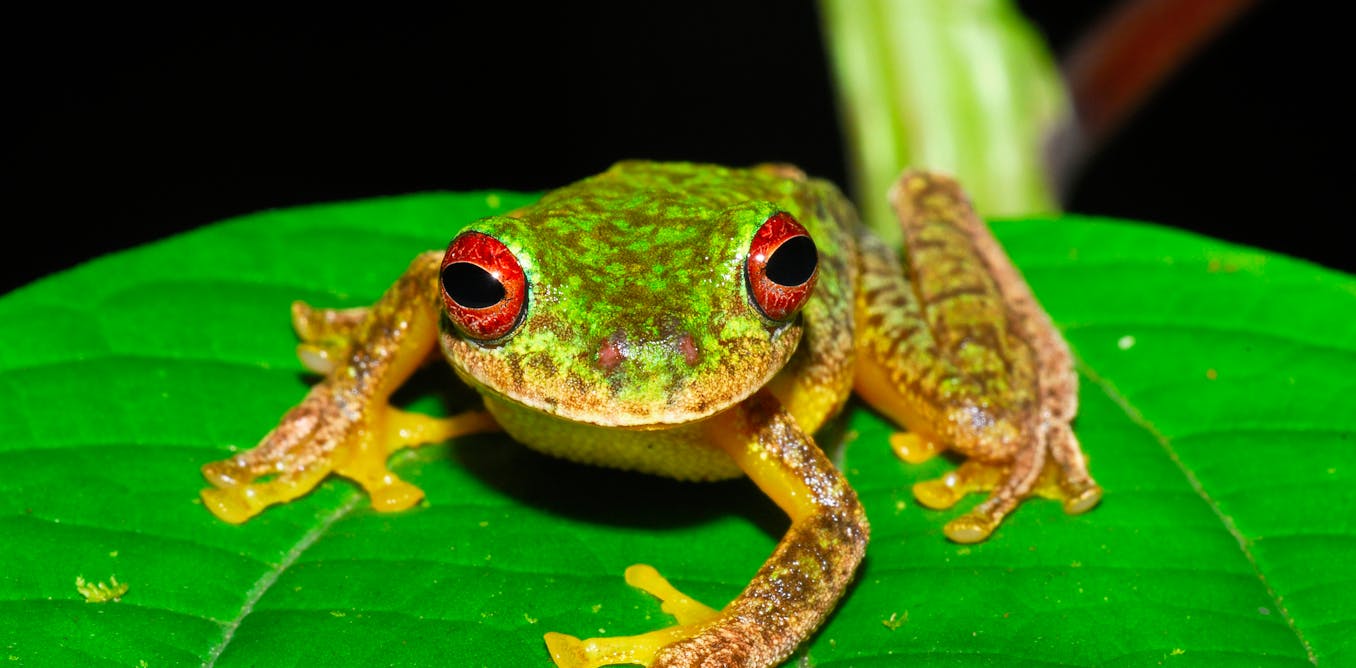
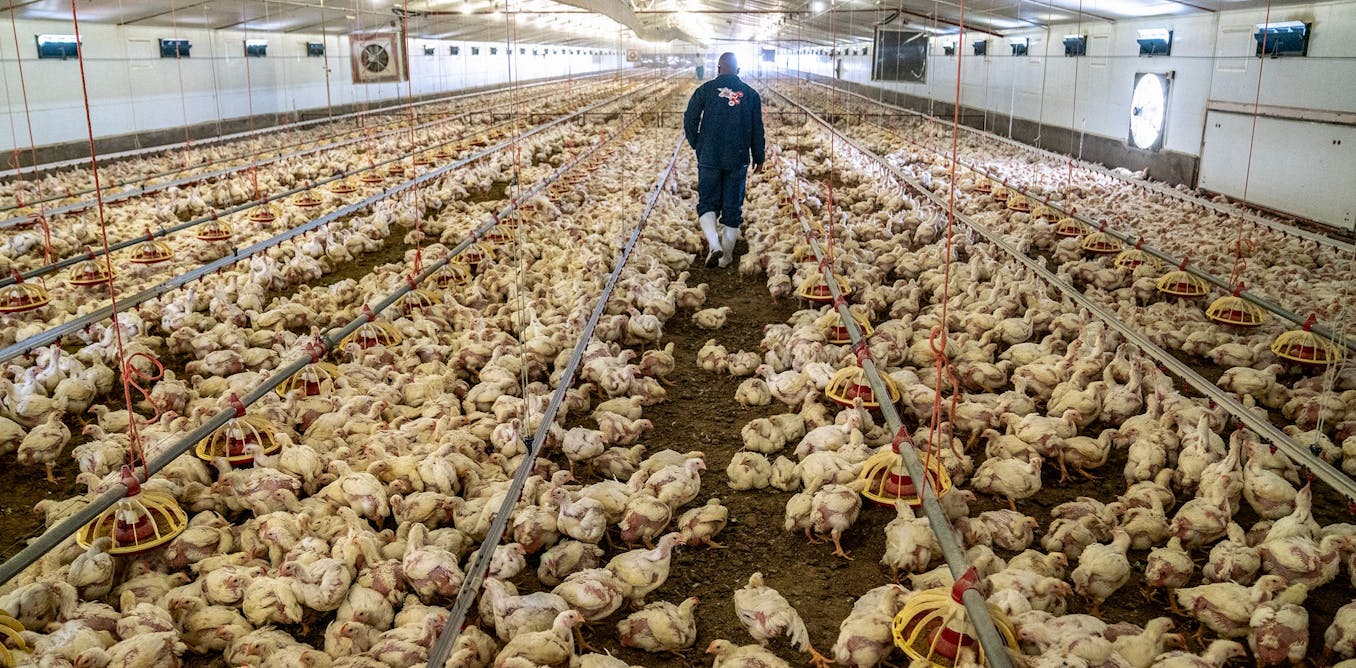
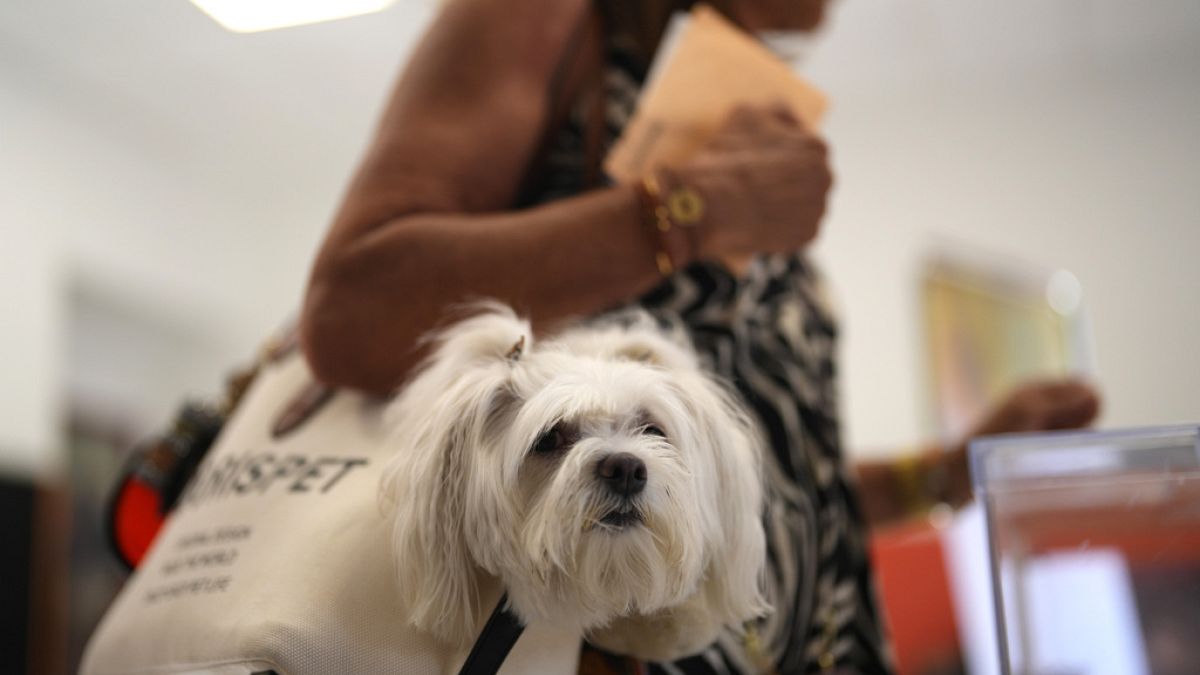

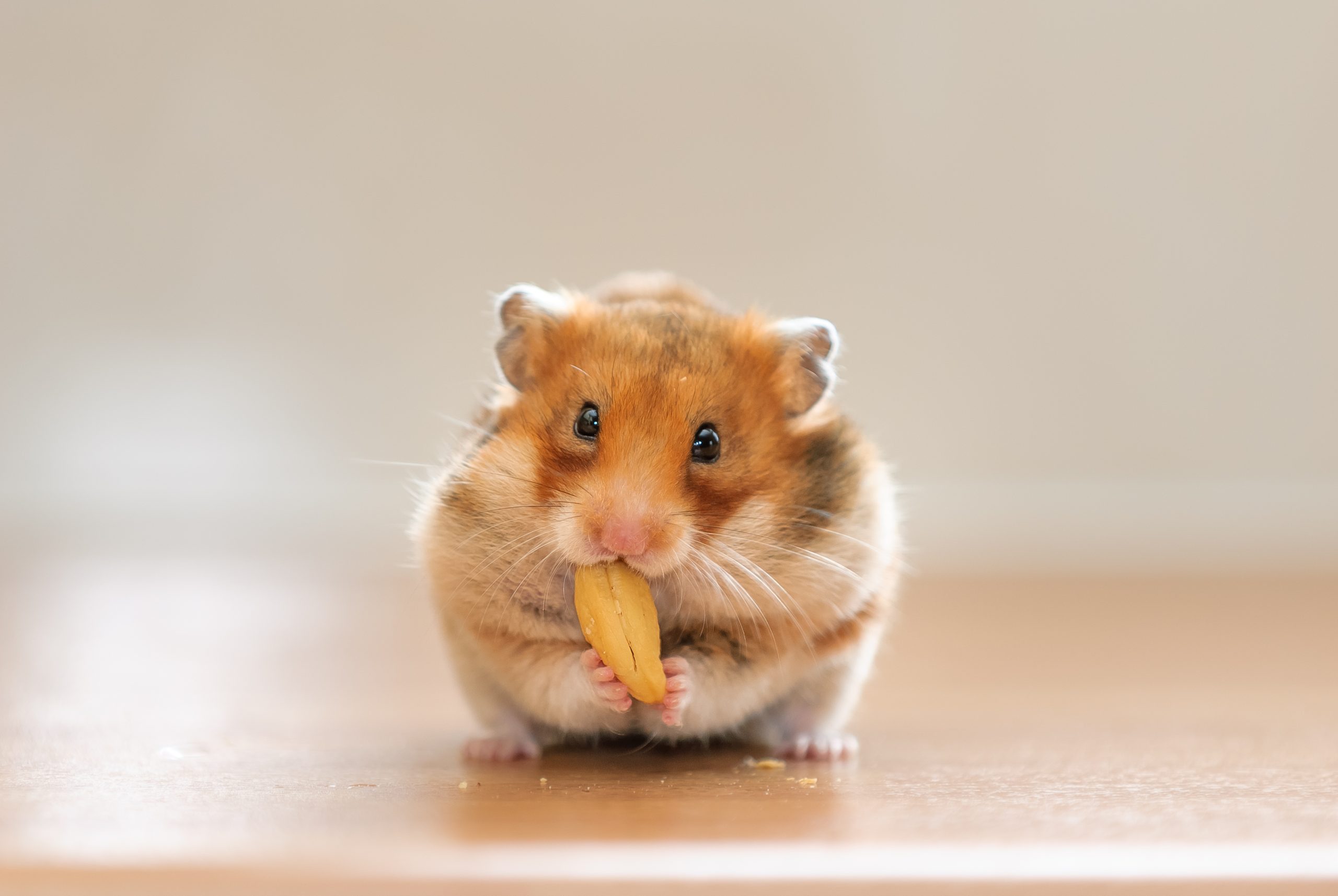
Leave a Reply